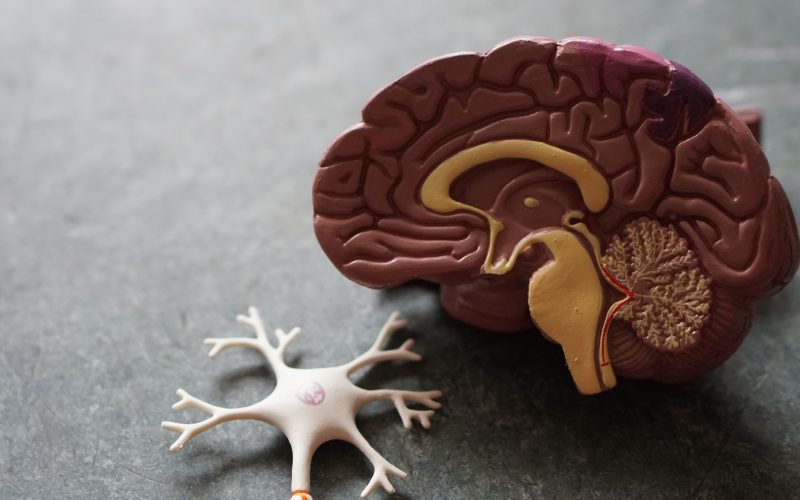Brain-machine interfaces (BMIs) have been an area of intense research and development in recent years. BMIs, also known as neural interfaces, are devices that connect the human brain directly to an external device, such as a computer, prosthetic limb, or even another brain. These devices work by detecting and decoding brain signals, allowing users to control machines or communicate with others without the need for physical movement or speech.
While BMIs have the potential to revolutionize the lives of people with disabilities and offer new ways to communicate and interact with the world, they also raise important ethical questions. As the technology advances, researchers and ethicists are grappling with issues related to privacy, autonomy, and the potential for unintended consequences.
One of the most pressing concerns is the potential for BMIs to be used for non-medical purposes, such as enhancing cognitive or physical abilities. While some see the development of brain-enhancing technology as a positive step forward, others worry that it could create an unfair advantage for those who can afford it or lead to a widening gap between those who have access to the technology and those who do not.
Another ethical issue is the question of informed consent. Because BMIs require direct access to the brain, there are concerns about the potential risks involved, including the possibility of infection or damage to brain tissue. As BMIs move from the realm of research and development into clinical use, it will be important to ensure that patients are fully informed about the risks and benefits of the technology and are able to give informed consent.
Privacy is also a major concern. BMIs have the potential to collect highly sensitive data about a person’s thoughts, feelings, and intentions. There is a risk that this data could be used for nefarious purposes, such as targeted advertising or surveillance. To address these concerns, researchers are developing encryption and security measures to protect user data and prevent unauthorized access.
Despite these concerns, the potential benefits of BMIs are significant. They could offer new ways for people with disabilities to interact with the world, provide new tools for scientists to study the brain, and even enable humans to communicate directly with one another without the need for speech. As the technology continues to evolve, it will be important for researchers, policymakers, and the public to engage in a dialogue about the ethical implications of brain-machine interfaces and work to ensure that they are used in ways that benefit society as a whole.












